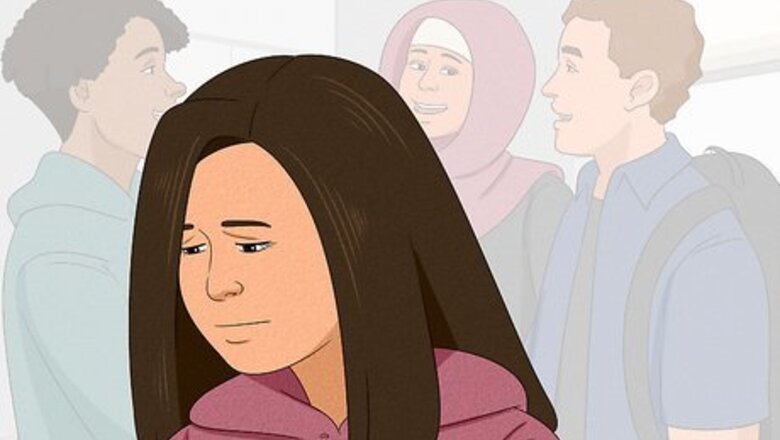
views
- A social battery is a figure of speech for how much energy you have to socialize and interact with other people.
- Your social battery might feel drained if you’re naturally introverted, or if you’re spending extra time in busy environments around people you don’t know well.
- Recharge your social battery by prioritizing events that matter to you and setting clear boundaries about what you can and cannot attend.
What is a social battery?
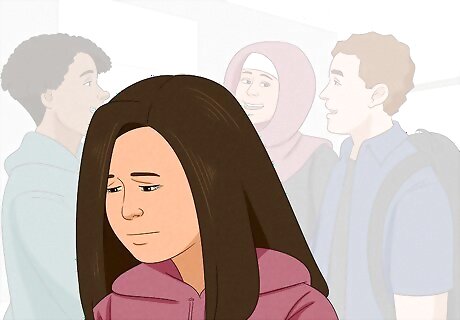
Your social battery is the amount of energy you have for being social. Just like a phone battery drains after being used too much, a social battery can drain when a person uses up too much of their social energy. The size of a person’s social battery completely depends on the individual; some people might be able to experience plenty of social engagement without getting drained, while others might feel drained right away. Having a “low social battery” isn’t an official mental health diagnosis—it’s just a term that helps people better express their personal energy levels.
Why Your Social Battery Drains

You’re introverted. Introverted and extroverted are common personality labels: introverted people feel more energized when they get to spend time by themselves, while extroverted individuals feel more energized when spending time around others. Since introverts really value their “me-time,” it’s easy for them to feel drained from social interactions. This isn’t to say that only introverts can have a low social battery. However, extroverts naturally feel more energized by the world around them, so they typically have a larger pool of energy to draw from. Wondering if you could be introverted? Check out wikiHow’s Introvert or Extrovert quiz to find out.

You’re around people you don’t know well. Spending time with close friends and loved ones doesn’t tend to be as draining as socializing with acquaintances, colleagues, and the like. When you’re frequently forced to interact with people you don’t know well, like co-workers or distant relatives, it can start to take a toll on your social battery. The context of the social interaction can play a part in how draining it is. Spending time with a client professionally, for instance, is more draining than a casual hangout with a good friend.
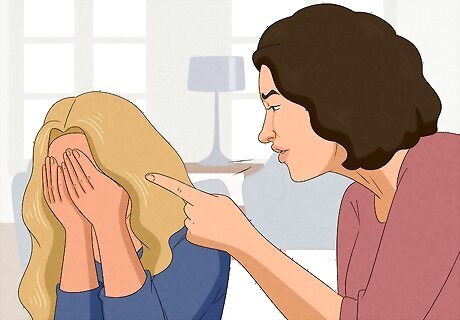
You're social interactions are negative or low-quality. The attitudes and emotions surrounding a social interaction deeply influence its effect on you. For example, an argument with your parents might be more draining than a casual chat with a co-worker. Generally, the more positive a social interaction is, the less draining it will be. Power imbalances can also play a part in how draining an interaction can be. A member of a marginalized community, for instance, might feel drained after their concerns and struggles are downplayed by someone who doesn’t share their background.
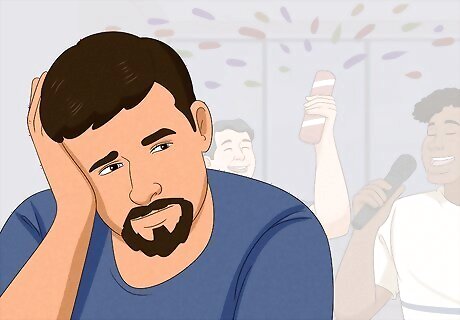
You’re in a busy, social environment. It’s easy to feel drained when you’re frequently surrounded by lots of people. Big parties, work meetings, and even family gatherings can be common offenders. Keep in mind that louder, more energetic crowds might be a little more draining than quiet ones, just as long-lasting events may be more socially exhausting than shorter ones.

You’re feeling stressed out. Stress can take a toll on your body in a variety of ways, both mentally and physically. When you feel stressed, you may also experience a lot of physical symptoms like headaches, fatigue, and difficulty sleeping. Stress can also affect your mental well-being and contribute to issues with anxiety, a lack of motivation, and feelings of being overwhelmed. When put together, stress can create a perfect storm for a low social battery.
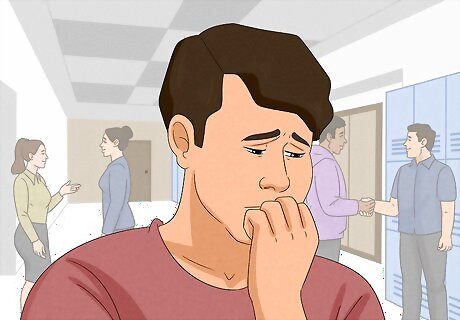
You’re juggling other mental health struggles. Certain mental health struggles can make you feel drained and low-energy, like depression. Anxiety disorders can also contribute to feelings of tiredness, intense worry, and nervousness—all of which can leave you feeling drained. Being neurodivergent can also impact your social battery, especially if you’re interacting with neurotypical individuals.
Signs Your Social Battery Is Low

You don’t have the energy to engage with others. From meetings and gatherings to hangouts and small get-togethers, you just don’t feel up to going out and socializing.
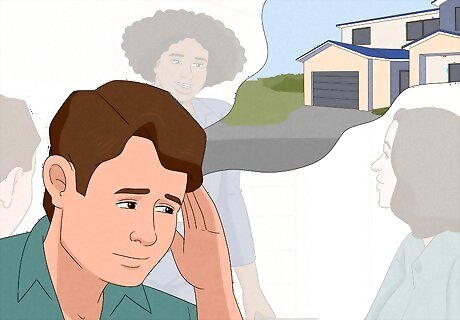
You crave time alone and away from busy social settings. When you’re surrounded by other people (e.g., at work, in class, etc.), all you can think about is going home and getting a break from your current social environment.

You want to do a peaceful, low-energy activity. Rather than interact and socialize with others, you’d much rather do a quiet and independent activity, like reading a book, doing a puzzle, or listening to some of your favorite music.

You’re experiencing physical symptoms, like headaches. When your low social battery turns into burnout, you may experience symptoms like: Fatigue Sleeping issues Crankiness Anxiety Depression Difficulty focusing
How to Recharge Your Social Battery
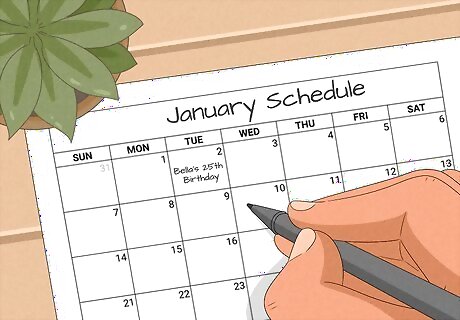
Plan for future events and social interactions. Use a calendar or planner to organize your upcoming schedule. What activities and other social obligations are on the horizon? Mark them down on your calendar so you can stay on top of what’s happening and when. Tracking your routine and schedule makes it easier to identify your most draining obligations.

Prioritize self-care and relaxation in your daily life. Take steps to care for your physical health and well-being—getting a solid 7-8 hours of sleep, drinking plenty of water, eating a healthy diet, and getting exercise are all great places to start. It’s also important to make time for activities that allow you to chill out and recharge, like: Doing mindful meditation Journaling Practicing yoga Diving into a good book Looking at pictures of baby animals.
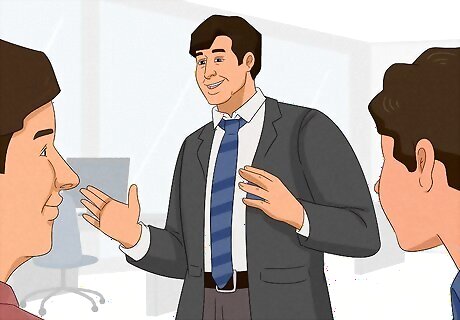
Spend your social energy on important events. Take a look at the upcoming events in your schedule and label them as “really important,” “pretty important,” or “not that important.” Make an effort to spend your energy on the activities that are “really important” (and some of the “pretty important” ones, if you can manage it). For example, a work meeting would qualify as “really important,” while getting drinks with your colleagues after work would be “not that important.”
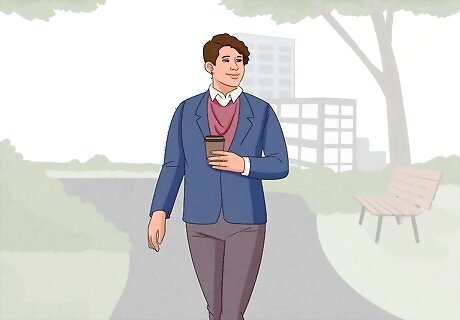
Allow yourself to take a break during a stressful activity. Before attending a draining event, brainstorm ways to excuse yourself or wander off so you can recharge. At a party, you might excuse yourself and go to the bathroom. During a stressful workday, you might go for a short walk outside. During a group project, you might volunteer to work on part of the assignment by yourself.

Participate in activities that satisfy you rather than drain you. What activities put you in your happy place? Knowing what uplifts you—and, most importantly, making time for those activities—can be a great way to recharge and take care of your mental well-being. You might: Draw or creatively write Cook dinner for yourself Play your favorite board game or video game
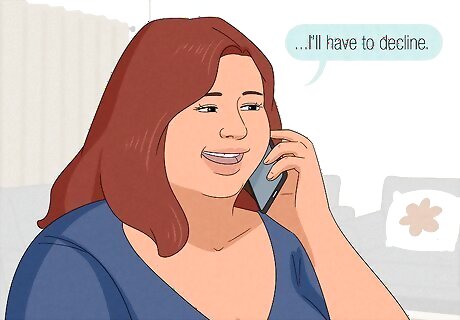
Try to set clear boundaries for when your social battery is low. Don’t be afraid to decline invitations for activities that require more social energy than what you have to offer. If you do choose to attend events that drain your social battery, set time limits for when you arrive and leave. Saying “no” doesn’t have to be rude, harsh, or uncomfortable. It can be as simple as “Thanks so much for the invite! I’ve had a really tiring week, though, so I’ll have to decline. I hope you have a great time!”
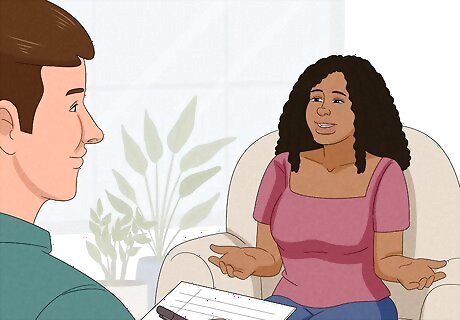
Visit a mental health professional. If mental health issues like anxiety or depression are contributing to your low social battery, sharing your concerns and stressors with a therapist can be a really big solace. A mental health professional can help you come up with a treatment plan, and teach you strategies to help you cope from day to day.











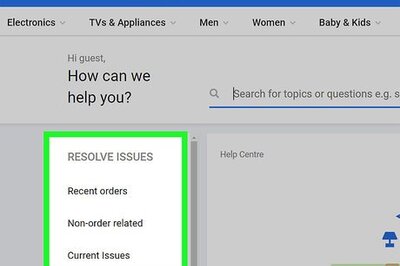


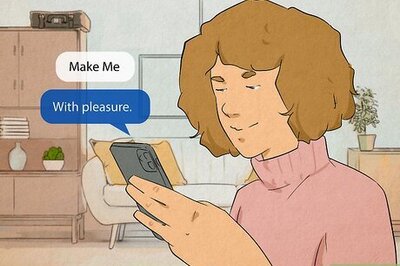
Comments
0 comment